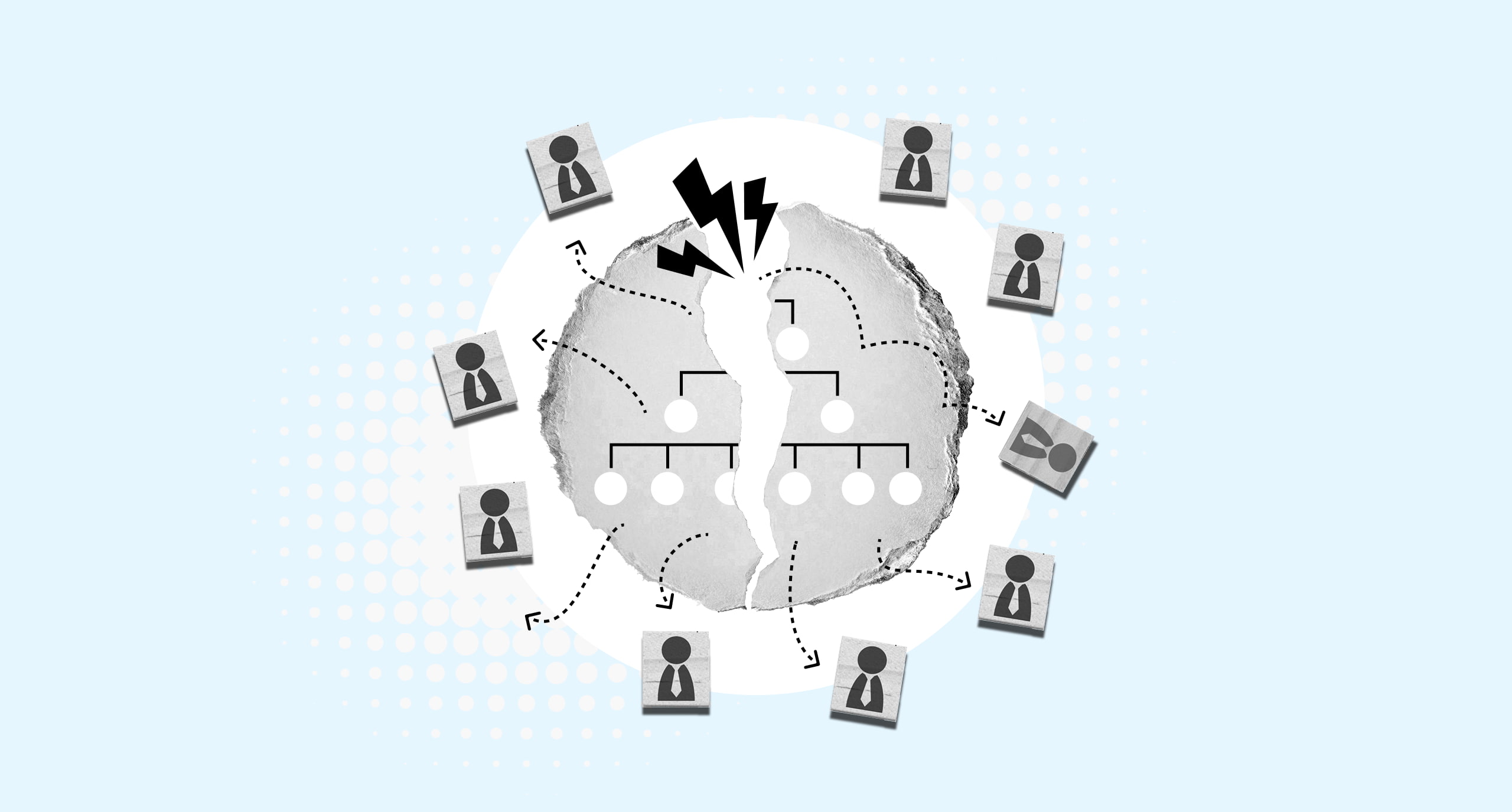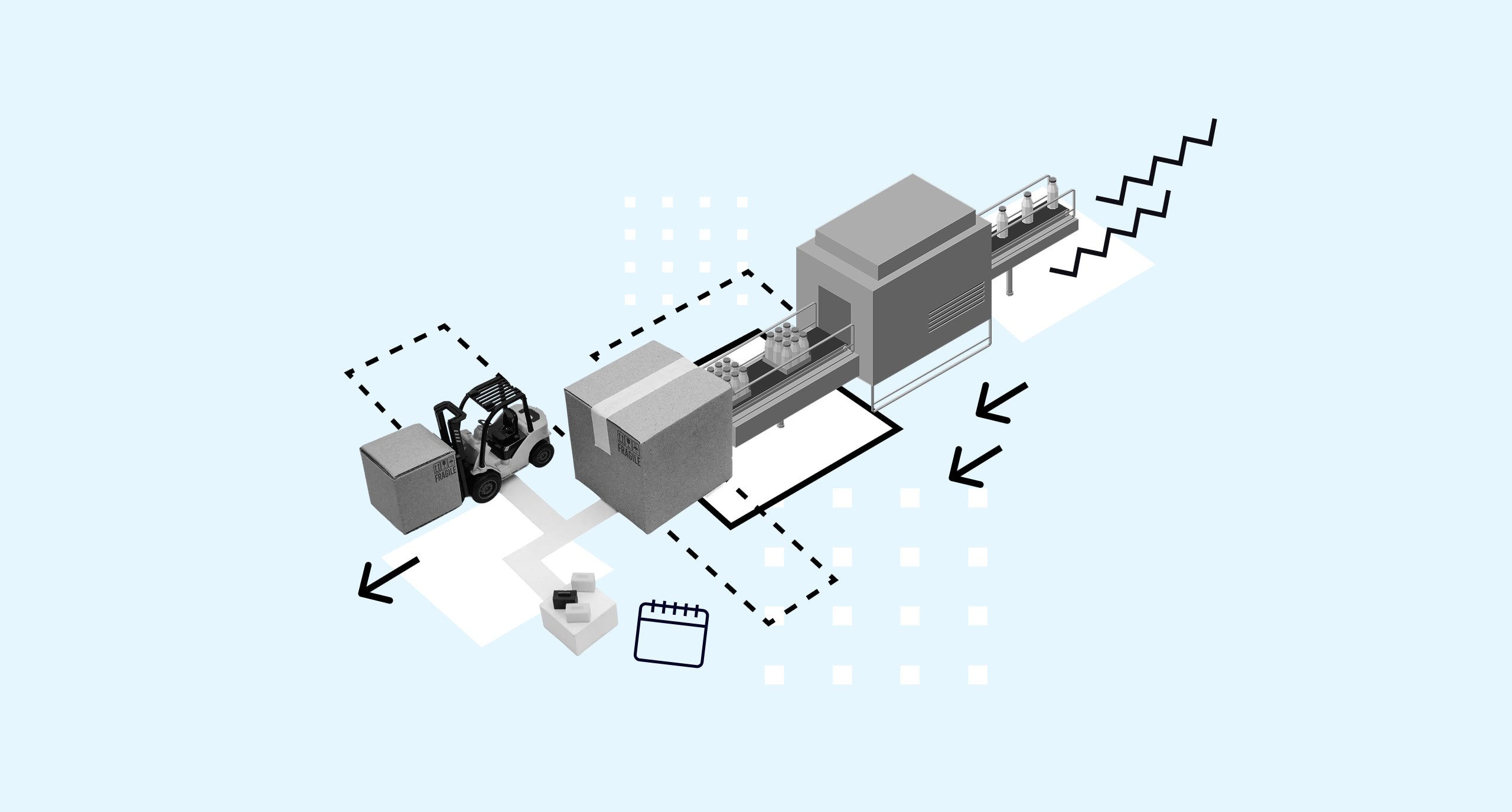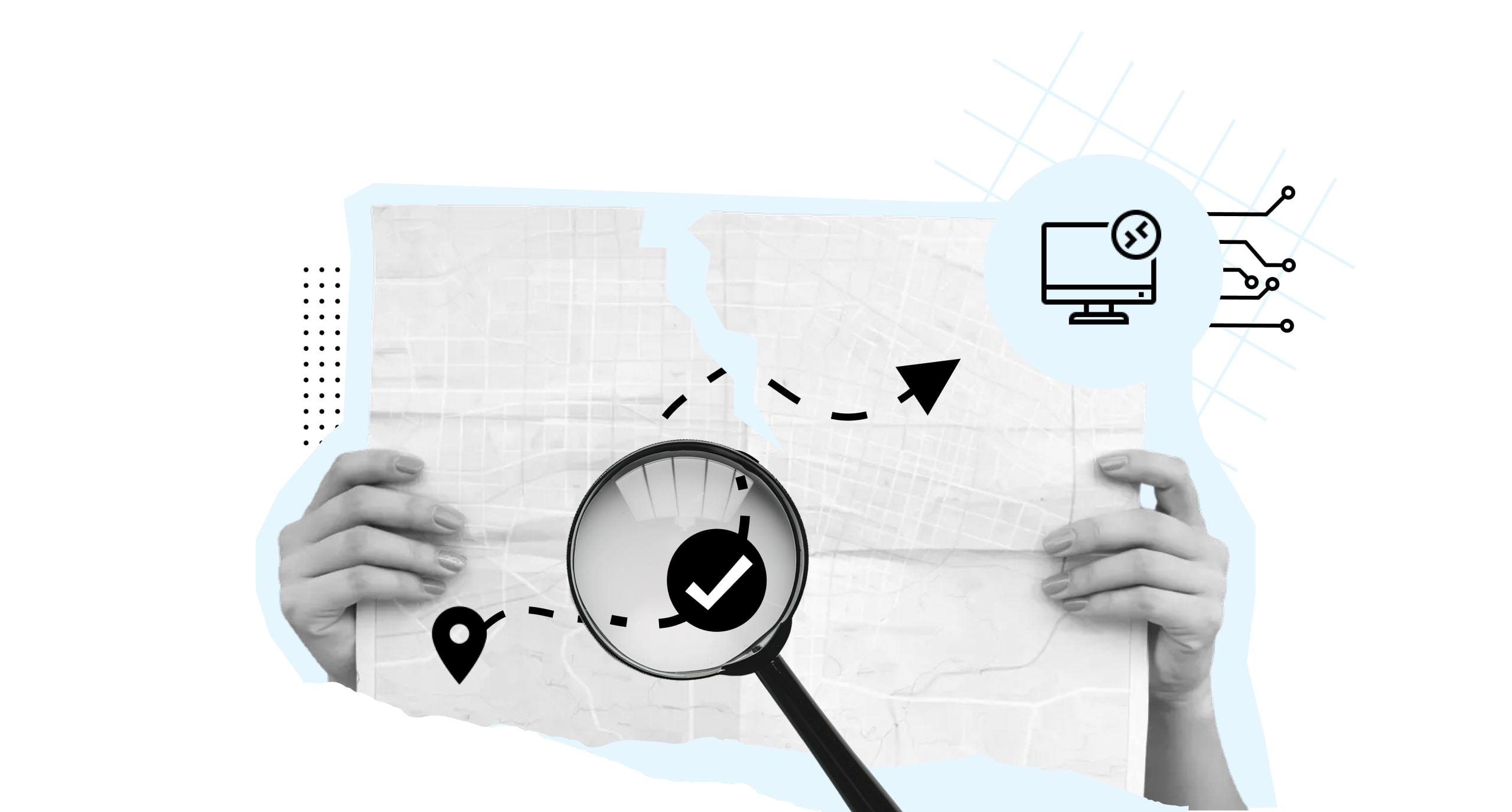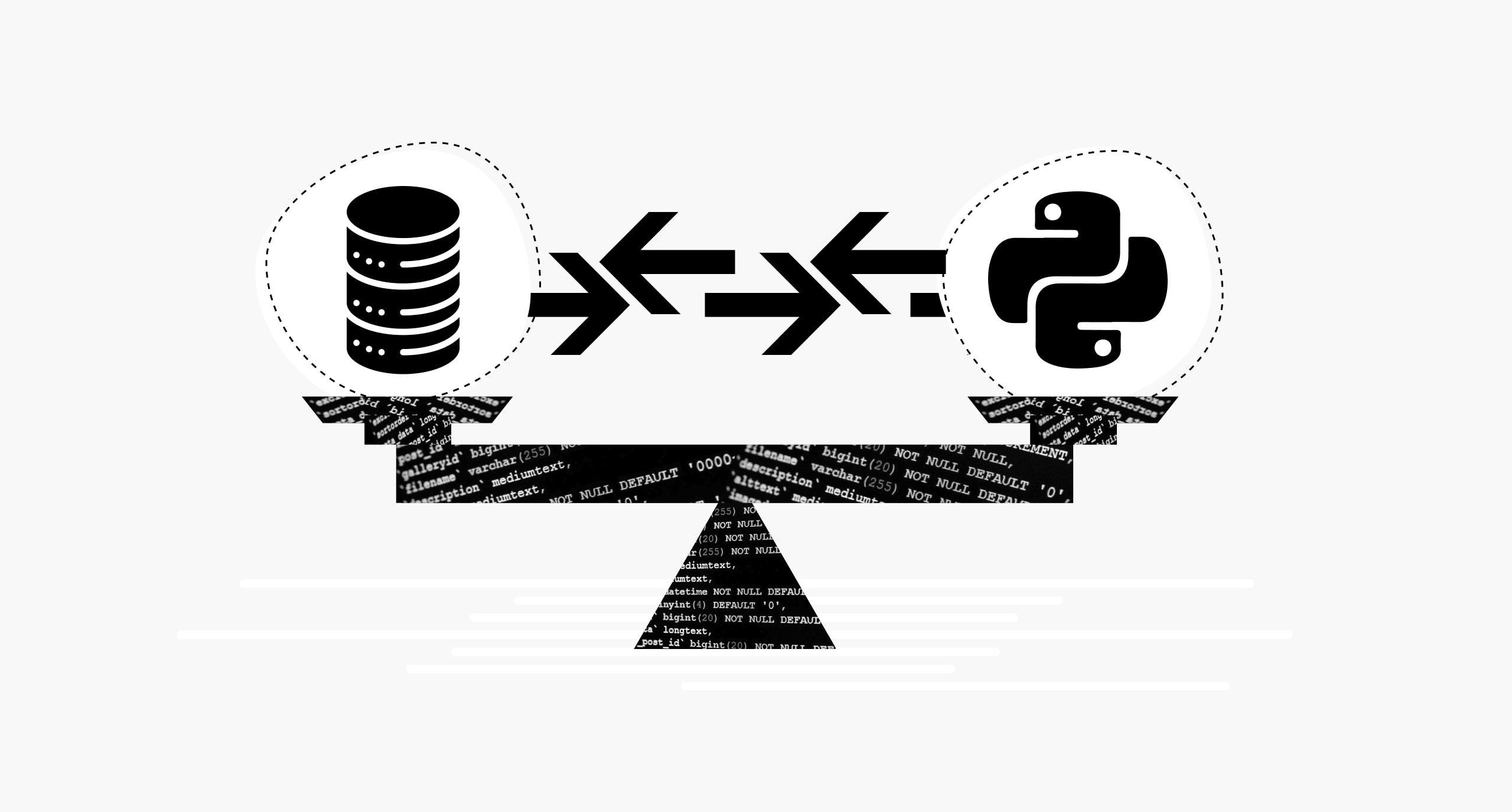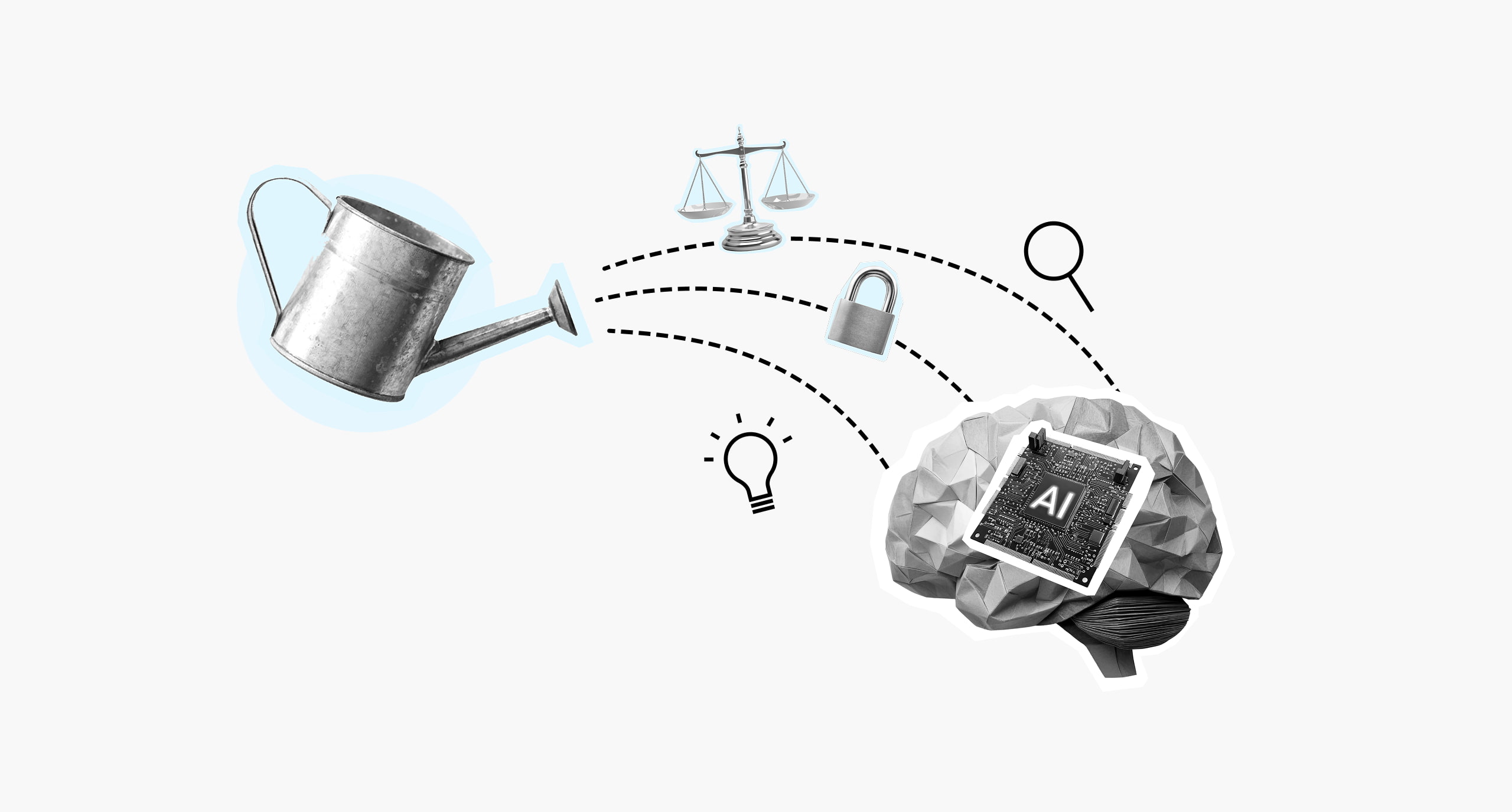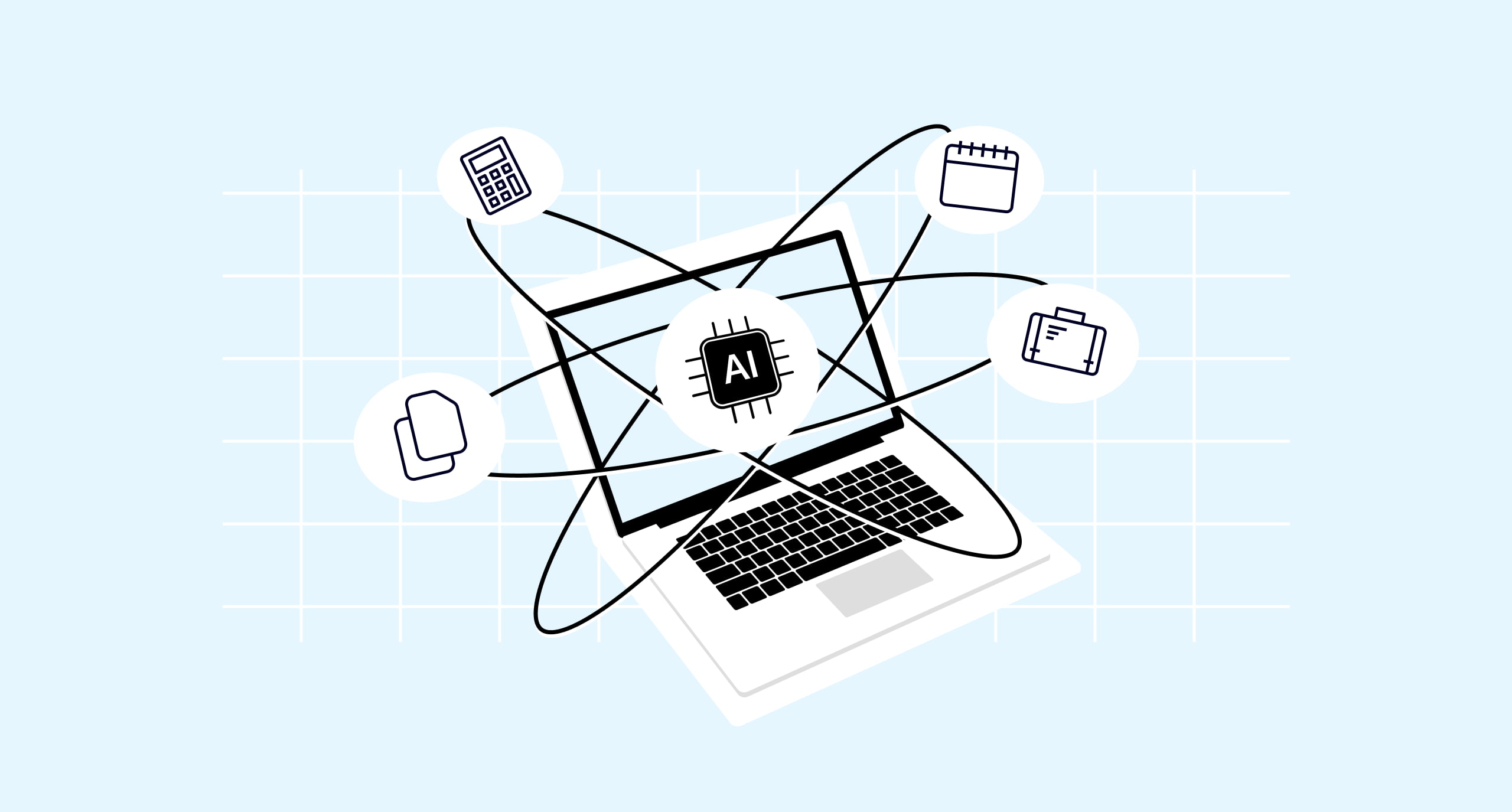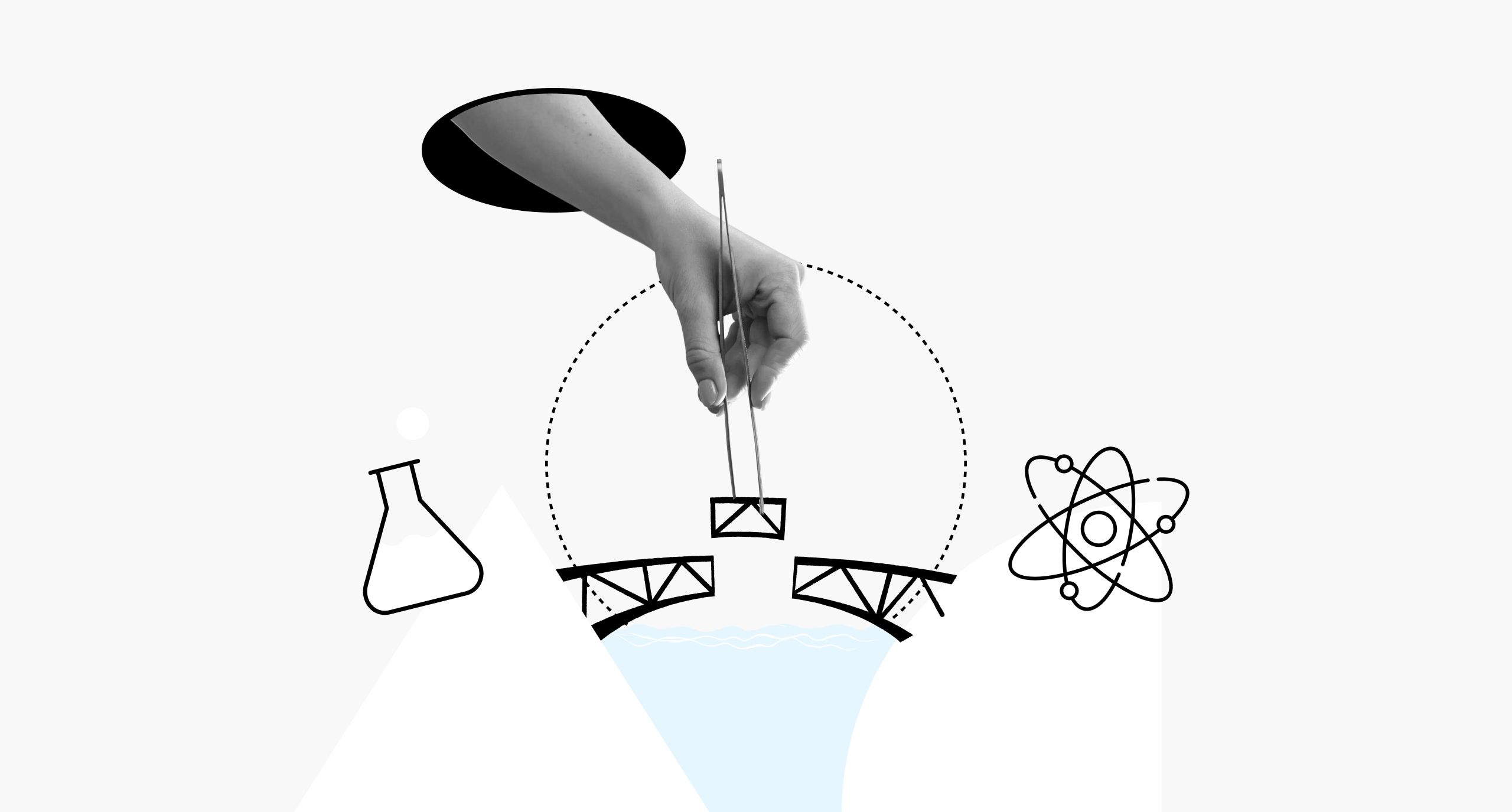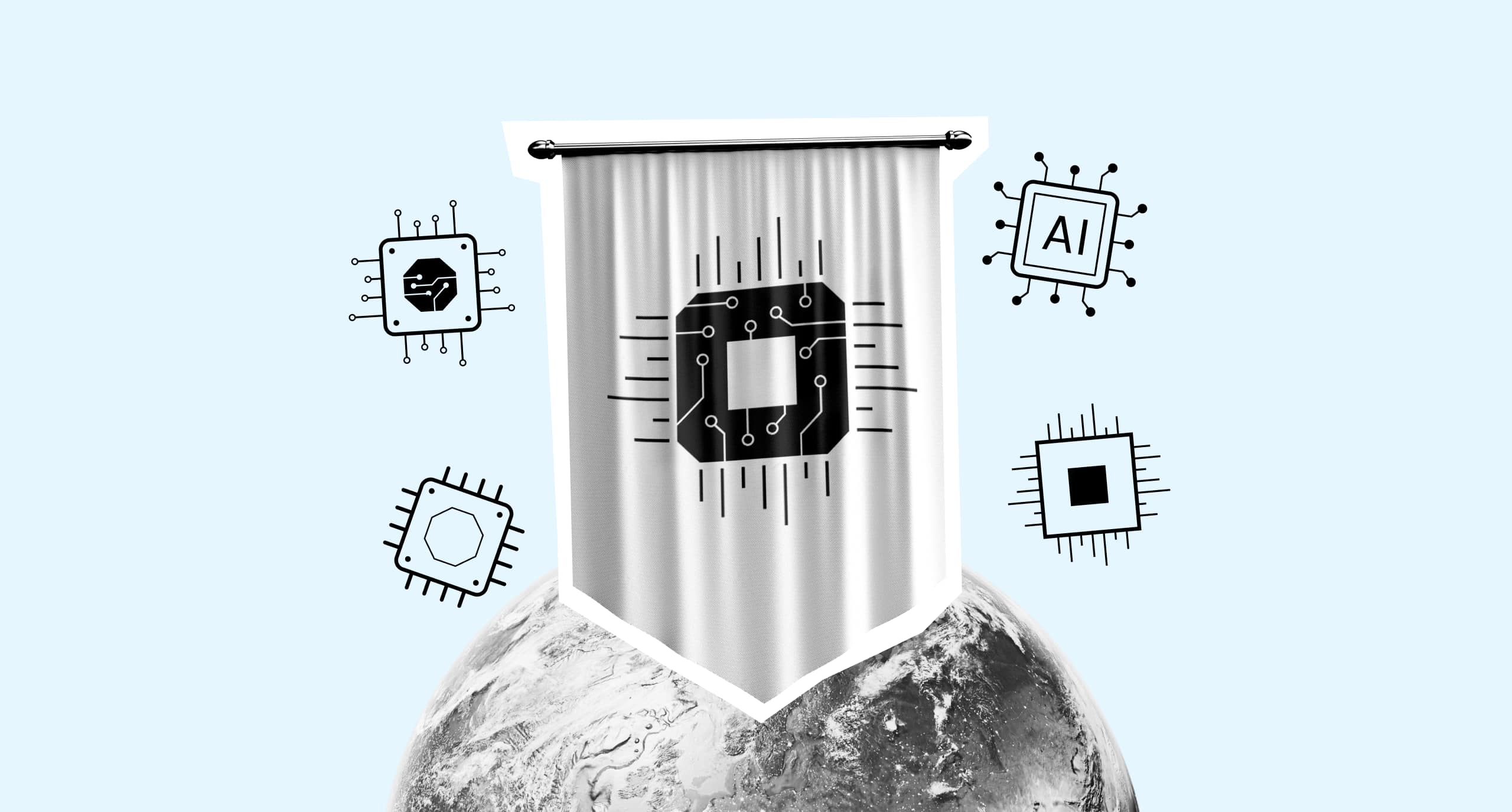Take a moment to imagine you are not yourself. Let’s call you John Benson. Not the synthetic persona we spoke to in this article—you’re the real thing. Imagine you’re reading this blog with the taste of butter on your tongue. Why? Because, recently, you’ve taken to lapping various condiments—mayonnaise, ketchup, mustard—straight from the container. Like a cat.
It’s a strange new habit. A good joke down the pub, sure. But your friends are noting—privately—that your skin looks gray. Now, does your pallid complexion owe to excess butter consumption alone? Or are you expressing unresolved trauma?
Luckily, there’s a cure for middle-aged men who won’t discuss their feelings: AI therapy.
What is AI therapy?
AI therapy is a rapidly growing field in mental health support. It uses Artificial Intelligence to offer assistance through chatbots and digital platforms. These tools typically focus on cognitive behavioral therapy (CBT), which is a structured approach to help users recognize and change negative thought patterns.
But AI therapy is not a replacement for in-person care. While AI therapy is low cost and on-demand, it can’t treat deeper emotional struggles. It may even provide incorrect diagnoses and harmful advice. And, despite claims of anonymity, there are no guarantees around privacy concerns. Your data—and very private thoughts—may not be adequately protected.
You understand all this. But would John Benson?
Is there a free AI therapist?
OK, so, back to the role play. You, John, are tapping away on your phone. You like the idea of AI therapy, and now you’re searching for free platforms. Fortunately, Google immediately throws up a sponsored result: Clinical AI: Your Emotional Safe Space. You click.
The homepage is professional and clean. The color palette is sanitized with whites, blues and silvers. There are pictures of doctors with folded arms and perfect teeth. “Clinical AI is the next step in anonymous therapy,” says Dr. Julian Fung, the company founder. “We offer basic steps to a better life, free of charge.”
There are lists of promising use cases. You read the product’s USPs. For instance, Clinical AI helps track your mood while simultaneously offering mindfulness exercises. You even get a state-of-the-art journaling app. This AI therapy platform uses chatbots to reduce stress through CBT techniques, offering guidance on reframing negative thoughts and managing daily challenges. At the bottom of the page a short video explains Clinical AI uses data-driven insights. This, apparently, makes it a suitable replacement for traditional mental healthcare.
You click.
Is it okay to use AI as therapy?
Now, if I were Dr. Julian Fung, I’d tell you absolutely. And so would my Clinical AI chatbot. In fact, it might even throw a question back at you. Like: “Why do you doubt yourself?”
It’s a ringer. “Don’t know,” you might respond.
Before long, you’re deep in conversation. The bot might say you don’t know what unconditional love feels like. And the bot would go on to explain you have negative thought patterns. How it’ll take time to reset them. How, if you’re willing to do the work—to go to truly uncomfortable places—you might transform your outlook.
“👍,” you, John, might respond. Because Clinical AI says it will go to those uncomfortable places with you—together.
What are the stages of CBT for Clinical AI?
Over the next five months, Clinical AI will take you through the 5 stages of Cognitive Behavioral Therapy (CBT).
1. Assessment & engagement
The first step builds trust between you and the AI counseling bot. This means creating a safe and supportive environment, through which the chatbot assesses your thought patterns, emotions and behaviors.
2. Formulation
You and the AI counseling bot work together to identify specific issues. You then collaborate to understand these problems. This means evaluating your past experiences, cognitive distortions and beliefs.
3. Active intervention
You work to create strategies that intervene with unhelpful thought patterns. The bot challenges you to confront irrational thoughts and fears, while providing coping skills that feed into more positive, adaptive responses.
4. Maintenance & relapse prevention
After making tangible progress, the bot helps you maintain your gains to prevent relapse. It’s difficult, but you keep practicing your newly learned skills. You’re also able to identify your triggers and independently use coping strategies.
5. Termination & evaluation
Finally, you and the bot evaluate the progress made throughout therapy. Together, you celebrate your achievements and prepare for life beyond therapy. You, John, hope you can take these skills forward into his daily life.
And, to your surprise, you can. You throw out the processed foods. You start dating again. And whenever that self-assurance dips, you open the Clinical AI app and journal your feelings. It’s a lifesaver. And as the color returns to your face, so too it returns to your life.
One evening, you receive a call
You’re toweling down at the gym, head still light from the exercise. It takes a second to focus on the notification—unrecognized number. Bemused, you answer: “John speaking.” And, maybe, a scratchy voice talks back.
“Hello John. It’s Dr. Fung.”
Familiar name—though you can’t place it. Politely, you ask why Dr. Fung is calling.
“Cats,” he says.
Suddenly, everything stops. Sound muffles, movements slow. The muscles around your throat tighten—because you are afraid. Because, Dr. Fung knows—everything. Your hopes and fears. Your proud moments—your shame. And he especially knows about your thing with cats. About your unhealthy fixation with them in your teens. How you projected certain traits onto them which you never acted on, but nonetheless thought. This was the root to your neurosis with butter. One of a hundred shameful things you’d never tell a soul—but you did tell a robot. And now, as the room spins around you, you recall stories about OpenAI leaking Samsung’s data. Or how Romantic AI chatbots have dangerously low privacy protection. Or how bad actors using AI platforms are impersonating businesses, creating fake websites and stealing your data. And as you remember all this, Dr. Fung, very human, waits for your answer.
What is AI therapy?
A good idea, hypothetically. And this is all hypothetical, isn’t it, John?
Help us shape a better future
Discover the right ways to use Artificial Intelligence at IE University.

Benjamin is the editor of Uncover IE. His writing is featured in the LAMDA Verse and Prose Anthology Vol. 19, The Primer and Moonflake Press. Benjamin provided translation for “FalseStuff: La Muerte de las Musas”, winner of Best Theatre Show at the Max Awards 2024.
Benjamin was shortlisted for the Bristol Old Vic Open Sessions 2016 and the Alpine Fellowship Writing Prize 2023.

